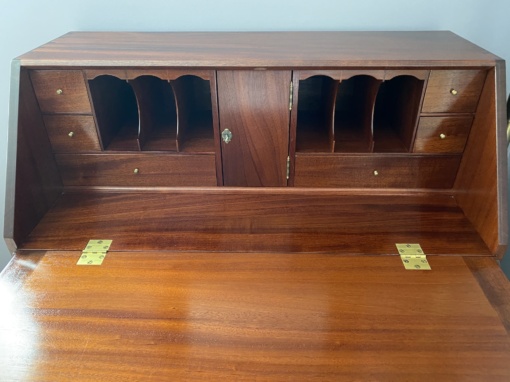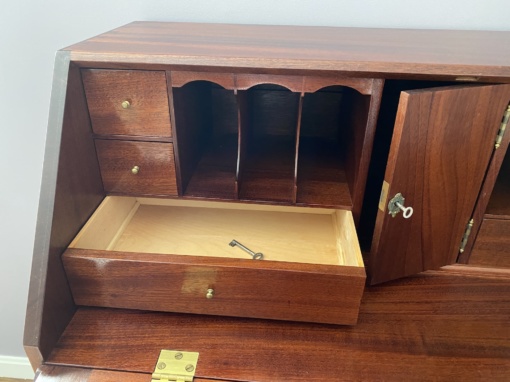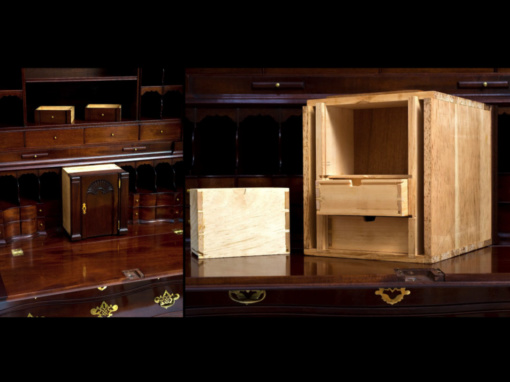It doesn’t get as much news coverage as health care, war in the Middle East, or little boys flying off in their parents’ homemade UFO, but the Smart Grid is a topic worthy of our nation’s attention.
The Smart Grid plans for spreading alternative clean energy (wind, solar) from places where it is produced to places where it is consumed. It will also increase the security and reliability of the nation’s energy resources.
The National Institute of Standards and Technology (NIST) says its plans for a national Smart Grid are well underway. The end goal, of course, is greater energy independence and decreased greenhouse gas emissions. All the head-spinning details of the Smart Grid can be found on the NIST’s Smart Grid site.
How does this effect you? It’s a reasonable assumption that homeowners across the States will have to become pretty familiar with smart metering, energy monitoring and other energy-saving devices in their home. This isn’t necessarily a bad thing — two-way smart meters can inform homeowners when the price of electricity is on the rise during the day, allowing homeowners to run big appliances like washers and driers at cheaper times. Yes, it’s more technology to integrate into our lives, but if it saves money in the long run, who wouldn’t be game?
How will the Smart Grid be paid for? That’s another question altogether. My guess: It’s either coming out of our taxes, or the rates on energy are going to rise.
What are your thoughts on the Smart Grid?
Credit: NIST




























